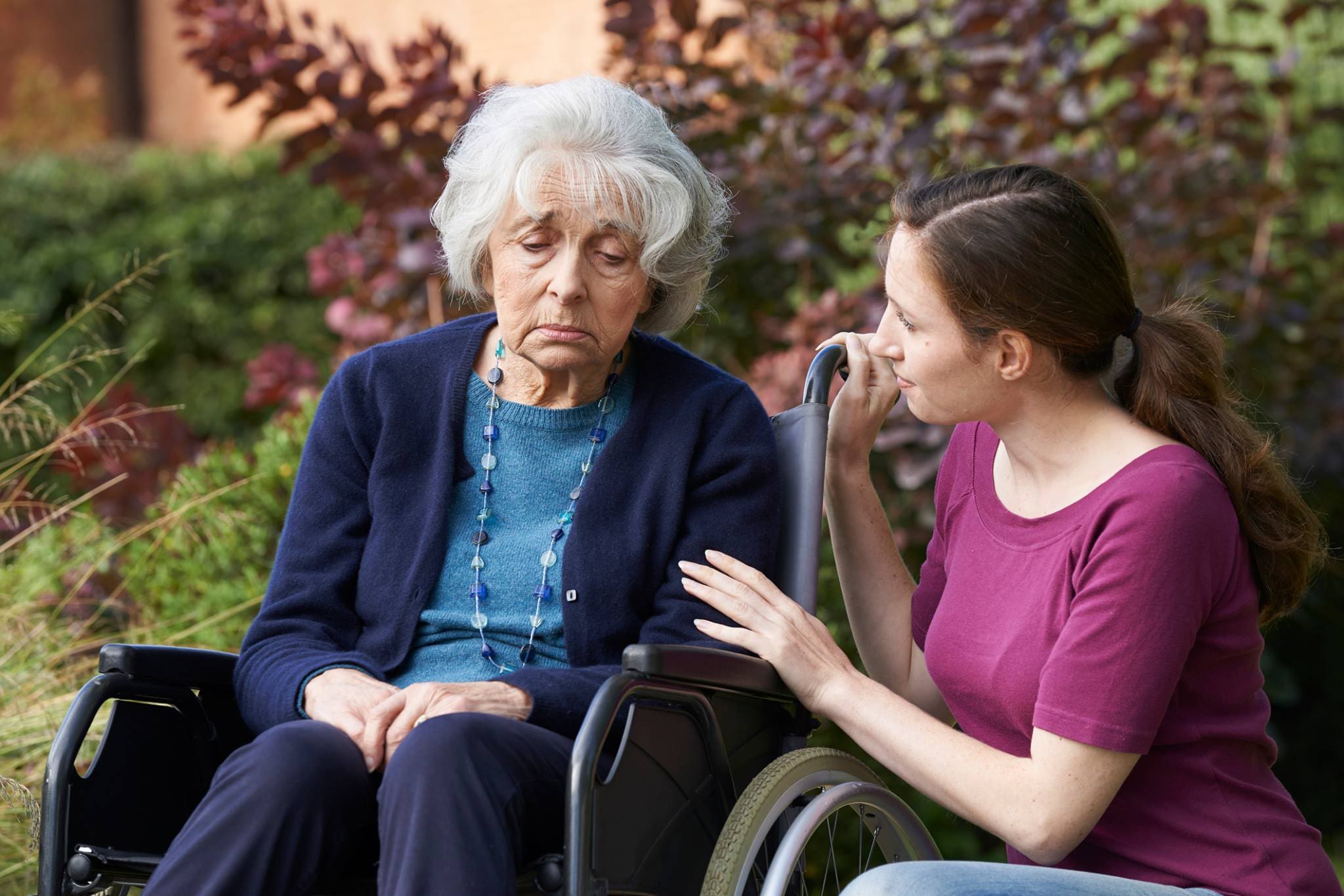11 Telltale Signs You May Have Caregiver Burnout
Taking care of a loved one’s emotional, physical and or mental needs can be both rewarding and exhausting. When a caregiver gets busy taking care of others, their own spiritual, physical, and emotional health can often be neglected, causing them to feel exhausted and overwhelmed. They often feel guilty taking time for themselves and if they aren’t careful, can find themselves becoming burned out very quickly.
How do you know if you are headed down this slippery slope? Check our list of signs below to see if you are experiencing any signs of burnout. You will notice they are very similar to someone who is suffering from depression.
1. Withdrawal from family and friends
2. Loss of interest in activities usually enjoyed
3. Weight loss and/or changes in appetite
4. Interrupted sleep
5. Feelings of hopelessness or helplessness
6. Feeling irritable
7. Feelings of wanting to harm yourself or the person you are caring for
8. Emotional and physical exhaustion
9. Feeling stressed and anxious
10. Drinking or smoking more than usual
11. New or worsening health problems
Caregiver burnout puts your own health at risk and affects your ability to provide care to your loved one. Recognizing the signs early will help you to take the steps needed to do something about it before it spirals out of control.
How Can I Prevent Caregiver Burnout?
Caring for someone with Alzheimer’s disease, dementia, or other medical conditions can be very challenging, but you don’t have to do it alone.
• Ask for help – Whether it be through formal supports such as hiring a homecare agency or calling upon family and friends to help with tasks such as meals and errands, don’t be afraid to ask for help. Trying to do everything on your own is a guaranteed way to burn out quickly.
• Make time for yourself – Take some time everyday to have a break so you can relax and recharge. Arrange for respite care so that you can get out of the house on a regular basis.
• Acceptance – Instead of dwelling on your loved one’s illness and the unfairness of the situation, focus on what you can control. Share your feelings and try to see the silver lining in the situation. Choose how you react to problems that arise.
• Take care of yourself – Eat well, exercise, and try to get enough sleep. Don’t minimize your own health by ignoring your health problems or skipping personal doctor appointments.
• Join a support group – Knowing you aren’t alone can be incredibly helpful to caregivers. Talk about your feelings, share tips and connect with others going through similar experiences. Online support groups may be available if you have difficulty leaving your home.
When a caregiver experiences burn out, it is difficult to do anything for yourself, let alone care for another person. Professional agencies such as UNS have highly trained experts that can provide the nurturing care that your loved one deserves so that you, the caregiver, can stay as healthy as possible. You deserve help and regular breaks from your role as a caregiver to help prevent caregiver burnout.
For more information on home care palliative care services, contact UNS today at 1-800-334-5140 or email [email protected].
Please Call us at (800) 334-5140 or complete the form below.
[contact-form-7 id=”978″]



